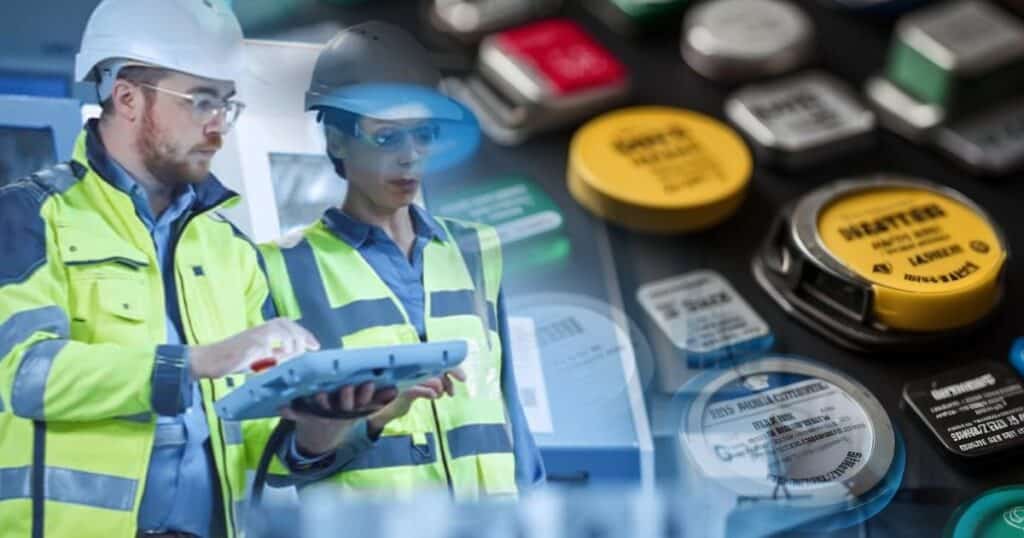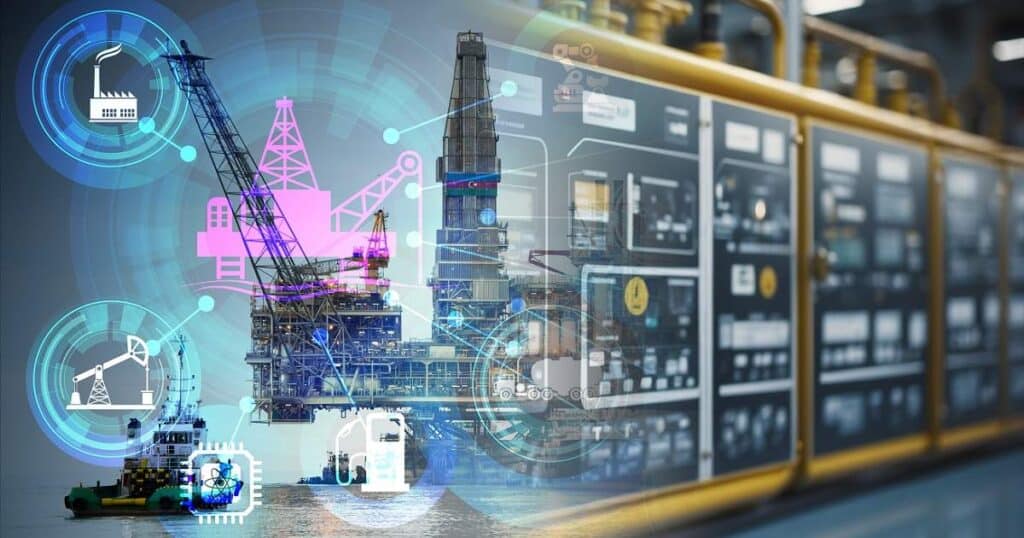Industrial gas supplier certifications are essential benchmarks for the companies that provide the critical gases used in various industries, from healthcare to manufacturing. These certifications testify to a supplier’s commitment to meeting stringent safety and operational standards, ensuring their products and services are of the highest quality. As a customer, you are assured that suppliers with proper certifications know the latest regulations and safety practices, which is vital for maintaining a safe work environment and compliance with legal requirements.
The industrial gas supply chain certifications come from reputable standards and agencies, which conduct thorough assessments to verify that a company meets specific criteria. These evaluations cover a range of areas, including gas quality, handling procedures, and the sustainability of supply. A certified supplier signifies operational excellence and a reliable partnership for businesses looking for safe, continuous, and efficient management of their gas-related needs. These certifications are not just accolades but are crucial to maintaining trust and integrity in the often complex and hazardous world of industrial gases.
Key Takeaways
- Certifications ensure suppliers meet the highest safety and quality standards.
- Operational excellence is mirrored in certification achievements.
- Certifications answer common questions about safety and regulatory compliance.
Industrial Gas Certification Standards and Agencies

Ensuring compliance with established certification standards is crucial for industrial gas suppliers. Adherence to these standards provides safety, quality, and environmental protection.
Essential Certifications for Compliance
Industrial gas suppliers must obtain certifications that signify their products and procedures meet rigorous safety and quality benchmarks. ISO standards, like the ISO 9001 for quality management systems, are globally recognised and often mandatory for suppliers. Compliance with ASME codes ensures equipment meets the quality and safety requirements of the industrial gas industry. Additionally, the EPA Protocol guides the accurate preparation and certification of gas mixtures, which is fundamental for environmental monitoring and compliance.
Certifications include:
- ISO Standards (e.g., ISO 9001)
- ASME Codes
- EPA Protocol Gases
Major Certifying Agencies
Several agencies and organisations play vital roles in developing standards and providing certifications. The American National Standards Institute (ANSI) is instrumental in overseeing the creation, dissemination, and application of thousands of norms across various sectors, including industrial gases.
The American Petroleum Institute (API) focuses on the oil and natural gas industry, setting standards that promote safety and environmental care. Their work extends to certifying gas-related products and services. Similarly, the International Organization for Standardization (ISO) and the International Electrotechnical Commission (IEC) develop global industrial and commercial standards, including those relevant to industrial gases.
For European entities, standards are also informed by the European Commission (EC) through directives and regulations that must be adhered to. The European Committee for Standardization (CEN) contributes to standard development.
Key Agencies:
- ANSI
- API
- ISO/IEC
- EC/CEN
Operational Excellence in Gas Supply and Management

Operational excellence in gas supply and management denotes a systematic approach to ensuring products and services meet stringent quality standards, prioritising safety, and environmental sustainability is integral to operations.
Quality Control in Gas Production
Rigorous quality control processes must underpin your gas production. This means monitoring production equipment carefully to reduce impurities in gases such as hydrogen, oxygen, and speciality gas mixtures. Certifications like ISO 9001: Quality Management System provide a framework that supports consistency and ensures gas technology output meets market demands and efficiency and productivity goals.
Safety and Handling Protocols
Safety protocols are essential when handling gas cylinders and transporting gases like argon, natural gas, and carbon monoxide. The handling equipment and procedures must adhere to certifications like ISO 45001: Occupational Health and Safety Management System, which contributes to safe operational practices across the gas industry—from hydrogen production to oil and natural gas industry applications.
Sustainable Practices and Environmental Considerations
Embrace sustainable practices to minimise your environmental impact. Implement energy-efficient gasification technologies and carbon capture methods to manage emissions and support the green market, particularly in electronic, healthcare, and wind or petrochemical industries. ISO 14001: Environmental Management System sets the industry standard for achieving this, promoting sustainability in energy, gas supply, and environmental management.
Frequently Asked Questions
In the industrial gas supply industry, certifications are essential for ensuring safety and compliance with government regulations. These accreditations demonstrate your commitment to industry standards and proficiency in handling hazardous materials.
What training and certifications are mandatory for handling LPG?
To handle liquefied petroleum gas (LPG), you must complete Hazardous Materials (HAZMAT) training and obtain certification through programs that follow OSHA standards. Professional LPG training programs are also available and may be mandatory, depending on your state’s regulations.
How can I obtain the necessary certifications to work in the oil and gas industry?
You can obtain the necessary certifications by enrolling in accredited courses offered by institutions such as the Petroleum Education Council or the Society of Petroleum Engineers. These courses cover various industry-specific topics and will prepare you for certification exams.
What are the typical costs associated with obtaining oil and gas industry certifications?
Costs vary depending on the program and institution but typically range from a few hundred to several thousand dollars. Some certifications may also require renewal fees and continued education credits to maintain.
Which regulatory body oversees the licensing of propane distributors in Texas?
The Texas Railroad Commission is the regulatory body responsible for licensing and overseeing propane distributors in Texas. They ensure compliance with state regulations and safety standards.
How does one renew their LPG license with the Texas Railroad Commission?
To renew your LPG license with the Texas Railroad Commission, you must complete any required continuing education, submit your renewal application, and pay the appropriate fees before the expiration date as outlined by the commission.
Are there any free courses available for oil field certifications?
While many oil field certifications have associated costs, free introductory courses or online resources may be available. These can provide essential knowledge but may need to be sufficient for full certification.


